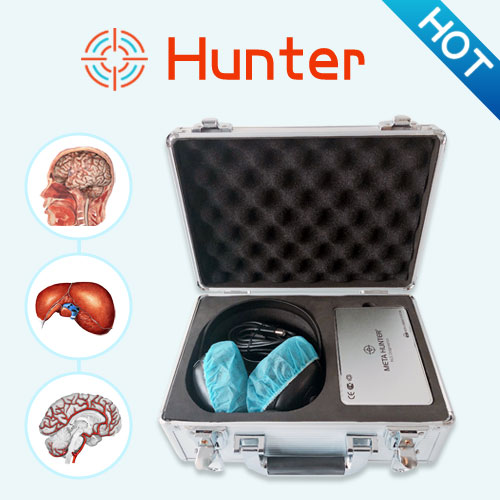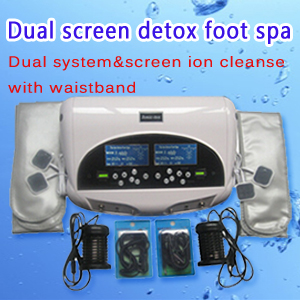Never Skimp on Sleep
It's National Sleep Awareness Week. Before hitting snooze on this news, consider that scheduling a good night's sleep could be one of the smartest health priorities you set. It's not just daytime drowsiness you risk when shortchanging yourself on your seven to nine hours. (More than 35 percent of adults routinely clock less than seven hours per night, according to the National Sleep Foundation.) Possible health consequences of getting too little or poor sleep can involve the cardiovascular, endocrine, immune, and nervous systems. In addition to letting life get in the way of good sleep, between 50 and 70 million Americans suffer from a chronic sleep disorder—such as insomnia or sleep apnea—that affects daily functioning and impinges on health. Here's a look at the research:
Less may mean more. Among people who sleep under seven hours a night, the fewer zzzz's they get, the more obese they tend to be, according to a 2006 Institute of Medicine report. This may relate to the discovery that insufficient sleep appears to tip hunger hormones out of whack. Leptin, which suppresses appetite, is lowered; ghrelin, which stimulates appetite, gets a boost.
You're more apt to make bad food choices. A study published in 2008 in the Journal of Clinical Sleep Medicine found that people with obstructive sleep apnea or other severely disordered breathing while asleep ate a diet higher in cholesterol, protein, total fat, and total saturated fat. Women were especially affected.
Diabetes and impaired glucose tolerance, its precursor, may become more likely. A 2005 study published in the Archives of Internal Medicine found that people getting five or fewer hours of sleep each night were 2.5 times more likely to be diabetic, those getting six hours or fewer were 1.7 times more likely.
Blood pressure may increase. Obstructive sleep apnea, for example, has been associated with chronically elevated daytime blood pressure, and the more severe the disorder, the more significant the hypertension, suggests the 2006 IOM report. Obesity plays a role in both disorders, so losing weight can ease associated health risks.
Auto accidents rise. As stated in a 2007 report in the New England Journal of Medicine, nearly 20 percent of serious car crash injuries involve a sleepy driver—and that's independent of alcohol use. Sleepiness affects professional drivers, too. The National Sleep Foundation's 2012 Sleep in America poll, released Saturday, found that 20 percent of airline pilots admit they've made a serious error due to lack of sleep, compared with 18 percent of train operators and 14 percent of truck drivers.
You may be more prone to depression. Adults who chronically operate on fumes report more mental distress, depression, and alcohol use. Adolescents suffer, too: One survey of high school students found similarly high rates of these issues. Middle schoolers, too, report more symptoms of depression and lower self-esteem.
Your smarts may suffer. Sleep promotes learning, according to the Harvard Women's Health Watch. It helps the brain commit new information to memory, and researchers have found that people who sleep after learning a task do better on later tests. In 2011, University of London scientists said that getting less than six to eight hours of sleep a night can age your brain by four to seven years—increasing the speed of cognitive decline, and worsening vocabulary and reasoning abilities.
Kids may suffer more behavior problems. Research from a 2008 issue of the Archives of Pediatric and Adolescent Medicine found that children who are plagued by insomnia, short duration of sleeping, or disordered breathing with obesity, for example, are more likely to have behavioral issues like attention deficit hyperactivity disorder.
Death's doorstep may be nearer. Those who get five hours or less per night have approximately 15 percent greater risk of dying—regardless of the cause—according to three large population-based studies published in the journals Sleep and the Archives of General Psychiatry.
Thus, to ensure that sleep is good for your health. Use Wireless Tens Acupuncture Machine to make you a better night's sleep, so that you will be healthy life every day.
This article is provide from [Metatron 4025 hunter],please indicate the source address reprinted:http://www.healthycarer.com/news/other/1183.html






